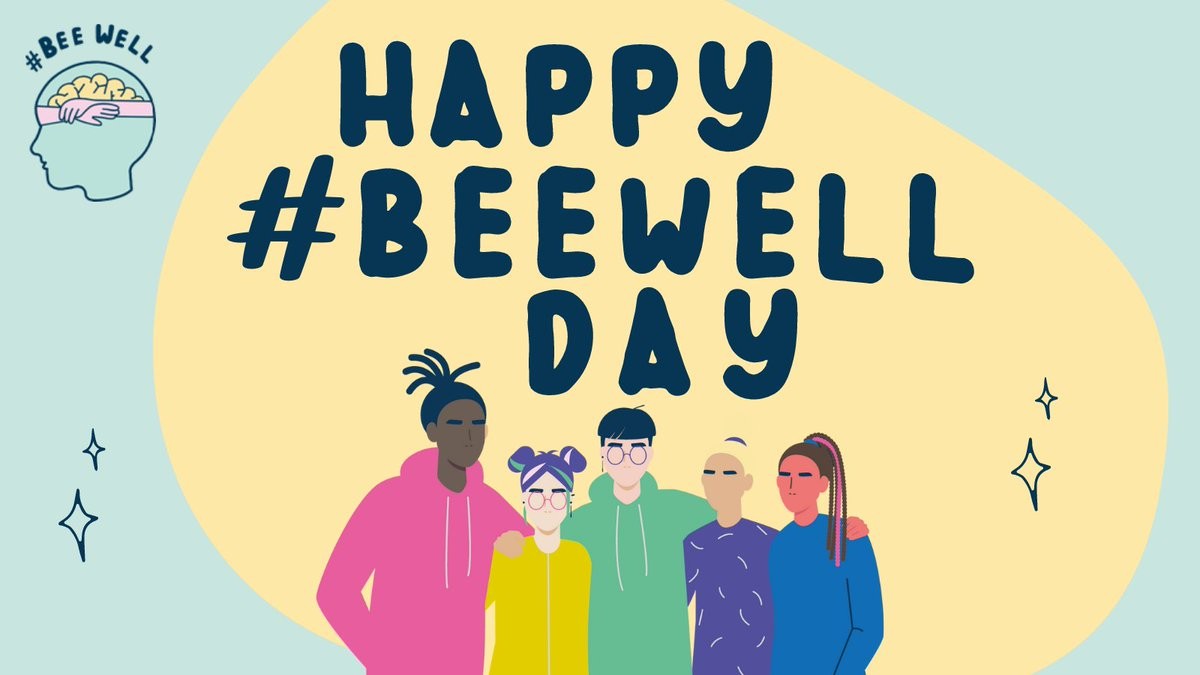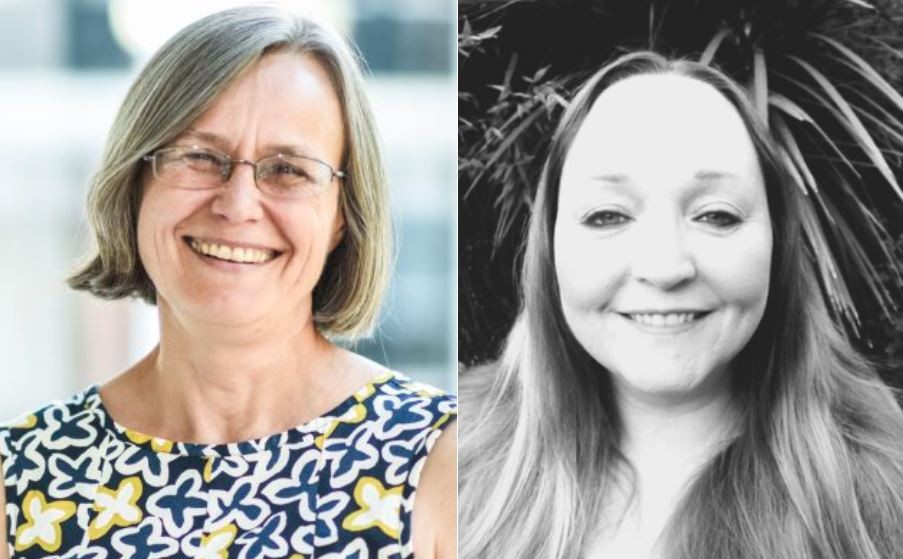2021's news highlights from the Faculty of Humanities
Our fantastic Humanities colleagues have done great things once again this year, despite the ongoing coronavirus situation. Here are some of the most popular and interesting news releases from the faculty in 2021 - enjoy!
January

The year started off with new research which found that the first coronavirus lockdown saw more people reporting common mental disorders in the UK - but that mental health began to recover once the lockdown eased.
Looking in detail at the reasons that could be behind mental health issues, the analysis showed that the increase in mental health disorders during the first lockdown appeared to have been linked to people feeling lonely, having Covid symptoms, working from home, caring for children and struggling financially. Recovery is possible though, as the study also found that in subsequent months, the prevalence of common mental disorders among UK adults reduced to pre-pandemic levels.
February

In February, new research found that taking part in youth engagement schemes can lead to significant and lasting improvements in young people’s mental wellbeing, especially for those from disadvantaged backgrounds.
Dr James Laurence wanted to know if getting involved in youth engagement activities could improve young people’s wellbeing through experiences which encourage cooperation, empowerment and positive relationships. He looked at how taking part in the National Citizen Service impacted young people’s satisfaction with their lives. His research found that participants had a significant improvement in mental wellbeing, and that this improvement was still evident at least 3-4 months after they had finished taking part.
March

March saw the launch of major new research into online home rental marketplace Airbnb, which found that the company is funding deregulation campaigns in hundreds of cities around the world, as it uses so-called ‘grassroots lobbying’ - apparently independent social movements acting on their behalf - to advocate for favourable regulation.
The findings appeared in an investigation into Airbnb’s ‘home-sharing clubs’ - associations of landlords recruited by the company, which are now found in around 400 cities globally. The research found that the clubs are mainly established in cities where the effects of Airbnb are leading to calls for stricter regulation - the report claims that the clubs are clearly the company’s response to regulatory pressure, despite attempts made by Airbnb to downplaying their political function.
April

To mark UN Autism Awareness Day on Friday April 2, researchers called for the needs of autistic girls to be better supported during the transition back to secondary school after the coronavirus lockdown.
Although the needs of autistic girls and boys are similar, there are also some major differences - when compared to autistic boys, girls tend to be more anxious, be more motivated to make friends, and mask their difficulties by demonstrating better social communication and interaction skills. "Our studies highlight the importance of school staff listening to the views of autistic girls and working collaboratively to meet their individual needs, during what is potentially an uncertain time for many young people", said Professor Caroline Bond, who led the research.
May

The most high-profile Humanities research of the year was released in May, when experts led by Professor Jamie Woodward experts found that the poor management of untreated wastewater and raw sewage by water companies is the main source of microplastic pollution in the UK’s rivers. They found that water companies are releasing wastewater during periods of dry weather into river flows that are too sluggish to disperse microplastics downstream, and called for them to stop doing this.
The research was featured on every national media outlet throughout the month, as well as being mentioned in parliament and the House of Lords.
June

June saw new research published by British Election Study experts, which found that while Boris Johnson’s scepticism about coronavirus lockdowns was out of step with the views of the wider British public, it was largely in line with those of Tory voters.
The researchers interviewed 34,692 people in June 2020, while the first wave of the coronavirus was still raging and Britain was still under an unprecedented lockdown. They asked people about their opinions on coronavirus policies, experiences of lockdown, and political opinions. They found that the British public as a whole perceived the Conservatives as valuing the economy over reducing infections - this is out of line with the public as a whole, but broadly fits with the preferences of the Conservative party's 2019 voters.
July

In July, a report launched by our Institute for Collaborative Research on Ageing (MICRA) revealed the challenged faced during the coronavirus pandemic by people aged 50 and over, especially those living in deprived areas. The research was designed to learn about the pandemic’s impact on the everyday lives of older people, to examine the activities of community organisations working on their behalf, and to assist the local authorities and NGOs who work with them.
Many of those interviewed spoke of the challenges and difficulties experienced during the lockdown. Physical deterioration was reported – especially as a result of restricted mobility and lack of exercise – and mental health deteriorated in some cases through the effects of losing relatives, lack of contact with friends and family, the impact of shielding, and lack of access to meeting places.
August

August saw a group of MA students from our Institute of Cultural Practices catalogue and preserve tributes left on the Marcus Rashford mural in Withington, which had been graffitied after the footballer - who is also an Honorary Professor at The University of Manchester - missed a penalty in the Euro 2020 final. Thousands of people had gathered to leave heartfelt messages of love and support on the wall for all to see, which made headlines around the world, and saw people travel from all over the country to be involved in this national moment of shared solidarity.
The University of Manchester - in collaboration with the Manchester Art Gallery, Central Library's Archives department, the People's History Museum, the National Football Museum and mural commissioners the Withington Walls project - collaborated to preserve the tributes, in order to ensure that the messages of solidarity were not lost to future generations. Our students were on hand to help collect the messages and document the process as a team of professional staff removed each message. Afterwards, the messages and tributes were taken to the Central Library's archives department for safekeeping until they are made permanently available to view.
September

Schools and youth organisations across Greater Manchester took part in the first ever #BeeWell Day in September. #BeeWell is a major collaboration between The University of Manchester, the Anna Freud Centre and the Greater Manchester Combined Authority to survey young people’s wellbeing and bring about positive change with the results - the first of its kind in the UK. 215 secondary schools will take part in the programme - including more than 90% of schools in the city region - which will hold a series of creative, active and online events celebrating young people’s wellbeing.
Hosted by the legendary venue Mayfield Depot, young people took part in workshops, lessons and performances to explore wellbeing and mental health. The day was designed by young people and delivered in partnership with the mental health charity 42nd Street.
October
A raft of major reports published were published by our academics in October, including one launched ahead of the COP26 conference in partnership with the Canal & River Trust - it demonstrated that the presence of canal water can cool urban areas by up to 1.6°C during heatwaves. This highlighted how the nation’s 200-year-old canals can offer some mitigation from the ‘urban heat island’ effect, which threatens to make summers in our major towns and cities intolerable as the climate critis worsens.
The research was featured in reports on both ITV and BBC News, BBC radio as well as other media outlets.
November

November saw two of our academics being recognised as leading experts in their fields, by being conferred the award of Fellow of the Academy of Social Sciences. New Fellows are named due to the excellence and impact of their work, which addresses matters of vital importance and contributes to the social sciences for the public good.
Diana Mitlin (above left), a Professor of Global Urbanism in the Global Development Institute was recognised for her more than 30 years of ground-breaking research into urban poverty and inequality, particularly in the Global South. The second new Fellow from Manchester was Lucie Byrne-Davis (above right), a Professor of Health Psychology who was recognised for her expertise in using health psychology to support behaviour change, with a focus on health worker behaviour. Congratulations to them both!
December
Finally, December saw The British Academy award their 2021 President’s Medal to broadcaster and University of Manchester historian Professor David Olusoga, in recognition of his outstanding contribution to the humanities and social sciences. President of the British Academy Professor Julia Black said “Across literature and television, his achievements are an inspiration to researchers in the humanities and social sciences looking to bring their research to a wider audience. His remarkable impact shows that there is unquestionably a huge public appetite to learn the realities of Britain’s international past.”


